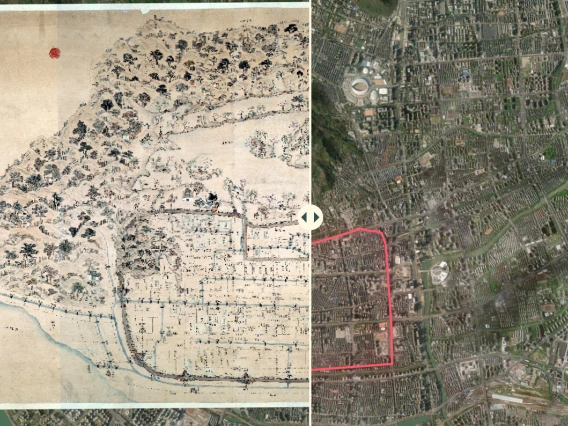Philip Stoker
Programs
-
School of Landscape Architecture and Planning
-
Sustainable Built Environments
-
Urban Planning

CAPLA 303F
Documents
Areas of Expertise
-
Geographical information systems (GIS)
-
Inferential statistics
-
Rural and gateway community planning
-
Urban water sustainability
Biography
Philip Stoker is an associate professor of planning in the College of Architecture, Planning and Landscape Architecture. Philip holds a Ph.D. in Metropolitan Planning, Policy, and Design from the University of Utah where he completed his thesis on urban water use and sustainability. His academic foundations are in ecology, planning, and natural resource management. He has conducted environmental and social science research internationally, including work with the World Health Organization, Parks Canada, the National Park Service and the Vancouver 2010 Olympic Games.
Philip has expertise in urban water demand and the integration of land use planning with water management. His research on urban water demand has focused on how land cover, built environmental characteristics, social conditions, and demographics all interact to influence water use in Western U.S. cities. He is also conducting research on how land use planning can be better integrated with water management in order to achieve more sustainable urban water management. Philip teaches Introduction to GIS, Environmental Spatial Analysis, Sustainable Development, and Sustainable Cities in CAPLA.



